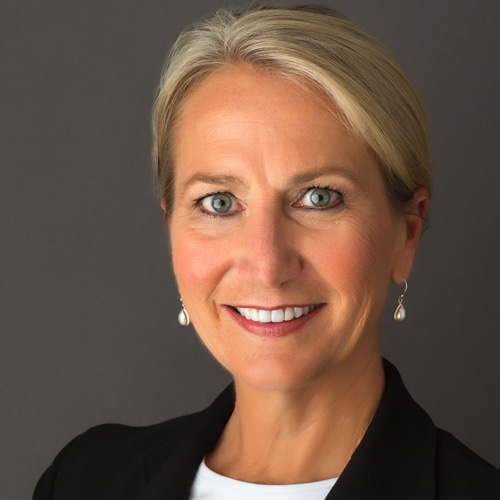The best rainmakers are often great networkers. That doesn’t mean they are necessarily good schmoozers or enjoy working a room; in fact, many do not. It does mean they know and connect a lot of people.
Many lawyers think of networking as disingenuous or self-serving. But your personal efforts will be more rewarding and effective if you focus on the best reason for networking: to know the right people so you can help others.
Becoming the Hub of the Wheel
Malcolm Gladwell, in his best-seller “The Tipping Point: How Little Things Can Make a Big Difference,” talks about “connectors” and describes them as follows:
“Connectors know lots of people. They are the kinds of people who know everyone. All of us know someone like this. But I don’t think that we spend a lot of time thinking about the importance of these kinds of people. I’m not even sure that most of us really believe that the kind of person who knows everyone really knows everyone. But they do. What is the value of these connectors? They put people together and, in so doing, generate value for others. They are the market makers of our social interactions. People like market makers. They like to have them speak at their conferences. They like them to head their associations. They like to hire them. They like to interview them for news articles. They like to refer them business.”
Being a “connector” benefits both you and other people.
I call it being the “hub of the wheel.” Your goal is to position yourself at the center of your universe. If you are in the middle, things will go through you. For example:
- A client is looking for a new chief financial officer.
- A neighbor is looking to hire an accountant.
- A referral source is looking for a management consultant.
- A contact’s kid is looking for a job.
By positioning yourself to be a resource in situations like these, you will be helping two people — the one with the need and the one who fills it. And when things go through you, you will benefit eventually.
Thinking Like a Connector
If you start thinking about what and who you need to know in order to be helpful, you may approach your marketing activities and interactions differently. For example:
- Industry conferences. Spending time learning who the experts are and the organizations they represent and going through the exhibit hall to learn more about products and services being offered to companies in the industry.
- Firm information. Reading email blasts, webinar invitations and blog postings from various practices or offices to identify colleagues who might be good resources for clients and prospects.
- Meetings with referral sources. Exploring who they work for, how they help them and particular areas of expertise — substantive or industry-wise — so you can make good connections.
Once you become the keeper of information, you will find so many ways to use it, including:
- “I met a consultant who might be a good contact for you.”
- “I heard a tremendous speaker who would be great for your company retreat.”
- “I don’t know if you’re hiring in your legal department, but I’m aware of a terrific candidate.”
The more people you know, the more you can help people. As far as I’m concerned, that’s the real value of networking.
Illustration ©iStockPhoto.com
Subscribe to Attorney at Work
Get really good ideas every day: Subscribe to the Daily Dispatch and Weekly Wrap (it’s free). Follow us on Twitter @attnyatwork.
















